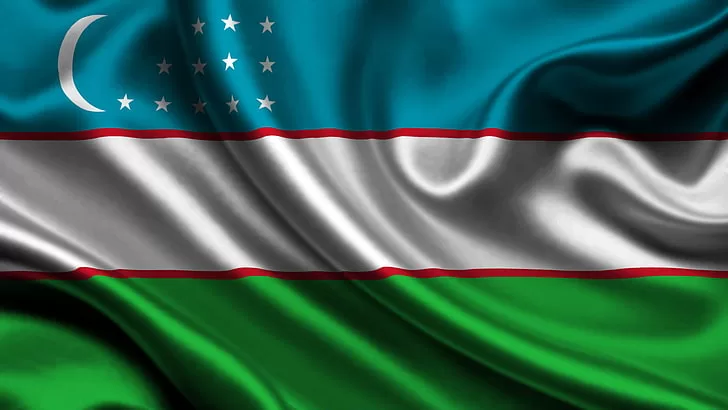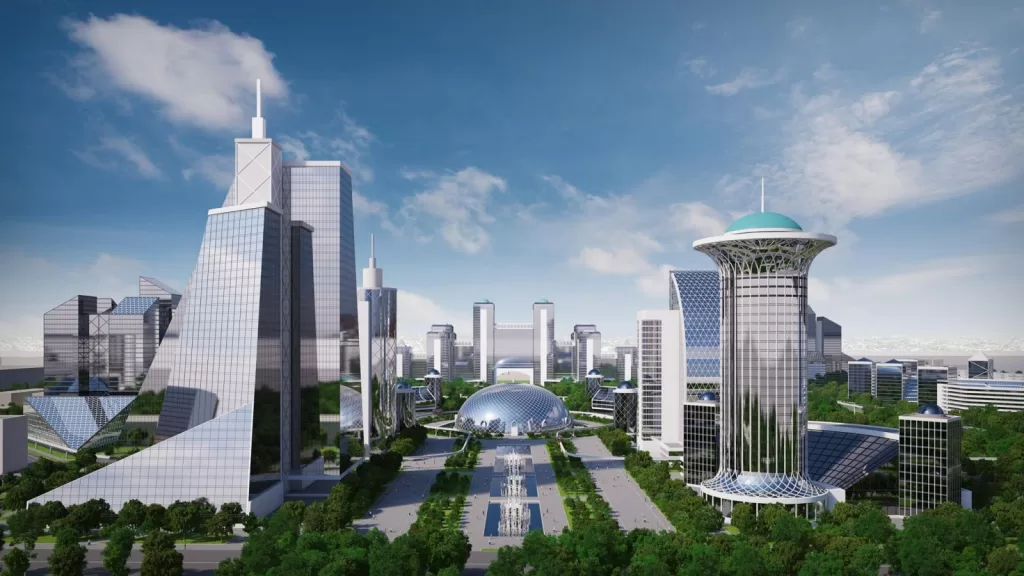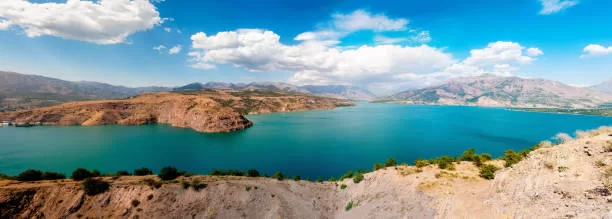Uzbekistan Country Report

Uzbekistan, located in Central Asia, is known for its rich history, diverse culture, and strategic location along the ancient Silk Road. With a population of over 33 million people, Uzbekistan gained independence from the Soviet Union in 1991 and has since experienced significant political, economic, and social transformations. The country’s political system is characterized by a strong executive branch led by President Shavkat Mirziyoyev, who has initiated reforms to modernize the economy, improve governance, and open up to the international community. Uzbekistan’s economy relies heavily on natural resources such as cotton, gold, and natural gas, but efforts are underway to diversify into sectors like tourism, manufacturing, and agriculture. The country faces challenges such as corruption, human rights abuses, and regional disparities, but ongoing reforms seek to address these issues and promote inclusive development. Uzbekistan’s cultural heritage, including historic cities like Samarkand and Bukhara, attracts tourists from around the world, contributing to the country’s growing tourism sector. Overall, Uzbekistan is undergoing a period of transformation and opening up, presenting opportunities for economic growth, regional cooperation, and cultural exchange.
Last updated: April 13, 2022
Security
Security in Uzbekistan is a significant priority for the government, with efforts focused on maintaining stability, combating terrorism, and addressing regional threats. The country faces challenges such as extremism, organized crime, and drug trafficking, particularly in border regions. Uzbekistan maintains a strong military and security apparatus, with a focus on border security, counterterrorism operations, and intelligence gathering. Additionally, the government cooperates with regional and international partners, including the Collective Security Treaty Organization (CSTO) and the Shanghai Cooperation Organization (SCO), to address common security concerns. While Uzbekistan has made strides in improving its security situation in recent years, challenges remain, and ongoing efforts are needed to ensure the safety and stability of the country and its people.
Last updated: August 11, 2023
Infrastructure

Uzbekistan has been investing in improving its infrastructure to support economic growth and development. The country’s infrastructure includes transportation networks, energy facilities, telecommunications, and urban development projects. Uzbekistan has made significant investments in road and railway infrastructure to enhance connectivity within the country and with neighboring countries. The government has also prioritized the modernization of airports and seaports to facilitate trade and tourism. In the energy sector, Uzbekistan has focused on expanding its electricity generation capacity, including investments in hydropower, natural gas, and renewable energy sources. Additionally, telecommunications infrastructure has seen improvements, with expanded access to mobile and internet services across the country. Urban development projects aim to improve living standards and promote sustainable growth in cities and towns. Overall, Uzbekistan’s infrastructure development efforts play a crucial role in supporting economic diversification, trade, and connectivity in the region.
Last updated: February 15, 2023
Environment

Uzbekistan faces various environmental challenges, including water scarcity, desertification, pollution, and biodiversity loss. The country’s arid climate and extensive irrigation systems for agriculture have led to the depletion of water resources, particularly in the Aral Sea region, where the shrinking of the sea has had severe environmental and socio-economic consequences. Desertification is also a significant issue, with the expansion of desert areas threatening agricultural land and ecosystems. Pollution from industrial activities, agriculture, and transportation contributes to air and water pollution, impacting public health and ecosystems. Additionally, Uzbekistan’s rich biodiversity is threatened by habitat loss, overgrazing, and deforestation. To address these challenges, Uzbekistan has implemented environmental conservation and sustainability initiatives, including water management projects, reforestation efforts, and pollution control measures. International cooperation and partnerships are also essential to address transboundary environmental issues and promote sustainable development in Uzbekistan and the wider region.
Last updated: March 17, 2022
Health and Medical
Healthcare in Uzbekistan is provided through a mix of public and private healthcare facilities, with the government playing a significant role in funding and regulating the healthcare system. The country faces various challenges in the healthcare sector, including limited access to healthcare services in rural areas, shortages of medical personnel and equipment, and gaps in healthcare infrastructure. While Uzbekistan has made progress in improving healthcare outcomes in recent years, significant disparities remain between urban and rural areas and across socio-economic groups.
The government has implemented reforms aimed at improving healthcare delivery, including investments in healthcare infrastructure, training of medical professionals, and expanding access to essential medicines and treatments. Additionally, Uzbekistan has prioritized preventative healthcare measures, including vaccination programs and health education campaigns, to address common health issues such as infectious diseases and maternal and child health.
Despite these efforts, challenges persist, including the need for further investment in healthcare infrastructure and services, addressing shortages of medical personnel, and improving the quality and accessibility of healthcare in rural and underserved areas. International partnerships and collaborations with organizations such as the World Health Organization (WHO) and the United Nations Children’s Fund (UNICEF) play a crucial role in supporting Uzbekistan’s healthcare system and improving health outcomes for its population.
Last updated: September 6, 2023
Political
Uzbekistan is undergoing political reforms under President Shavkat Mirziyoyev, focusing on modernization, economic liberalization, and opening up to the international community. However, challenges remain in areas such as human rights and political pluralism, as the country seeks to balance reform efforts with maintaining stability and security.
Last updated: August 15, 2022















